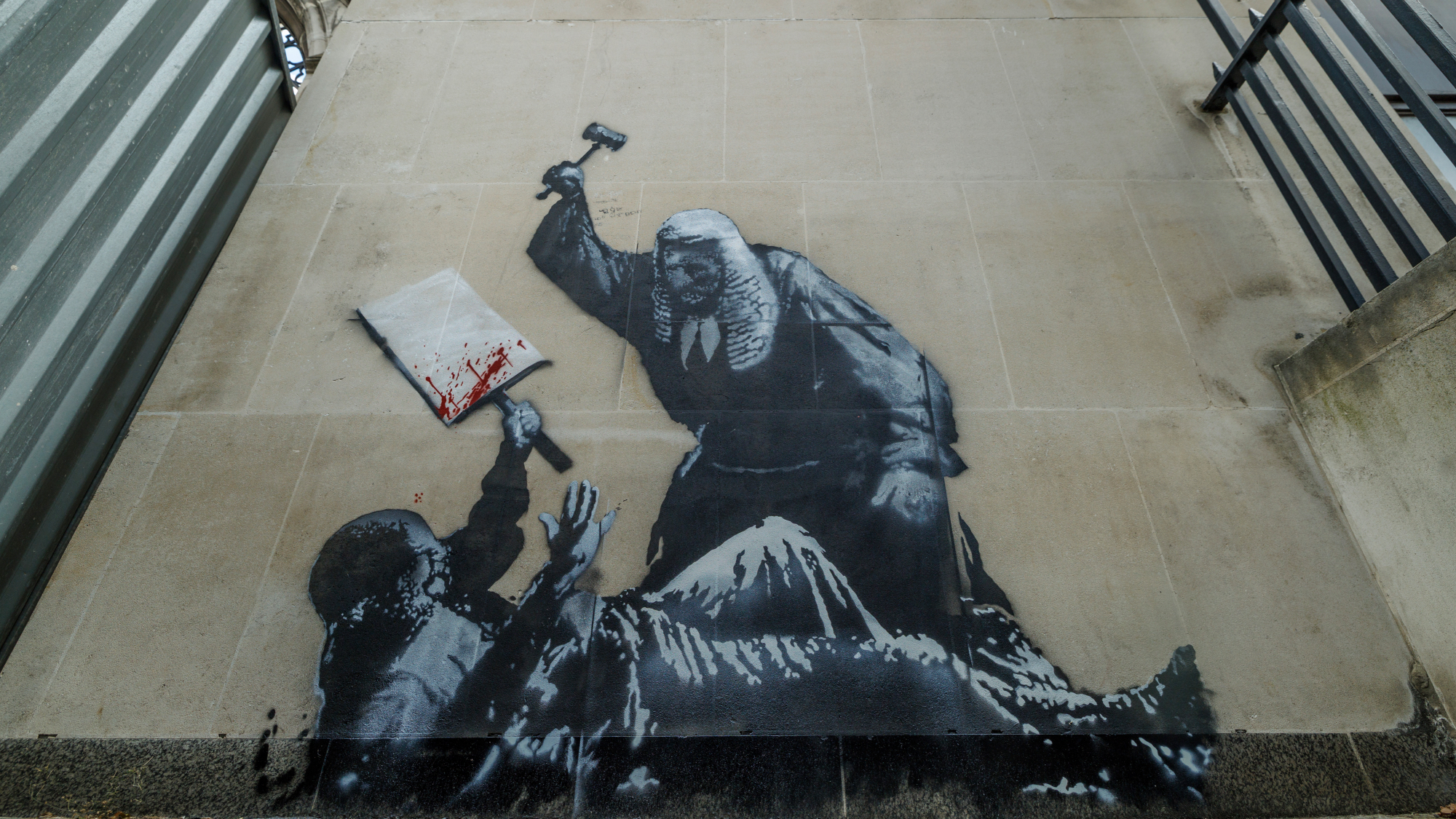How Kim Davis hurts the cause of religious liberty
When it comes to private civil disobedience and even public flouting of validly enacted laws, there is a certain amount of hypocrisy on all sides


Kim Davis is in jail, after the Kentucky clerk who stopped issuing all marriage licenses because same-sex marriage is contrary to her faith was found in contempt of court.
Conservatives have been quick to point out that Davis' jailing is not a fate that befell Gavin Newsom, when as San Francisco mayor he had government clerks issue marriage licenses to some 3,200 same-sex couples in 2004, back when marriage was still legally defined as a union between a man and a woman. Indeed, it's not hard to imagine a hypothetical county clerk in another time refusing to issue marriage licenses until marriage was no longer defined in such a discriminatory, heteronormative way.
Others have pointed to the existence of sanctuary cities, which fail to cooperate with federal authorities in the enforcement of immigration laws. Yes, there are important legal differences between sanctuary cities and what Kim Davis is doing. But many people who think America's immigration laws are unjust, racially discriminatory, or guilty of breaking up families would cheer efforts to defy or resist them, rather than call for jailing those involved in sanctuary cities.
The Week
Escape your echo chamber. Get the facts behind the news, plus analysis from multiple perspectives.

Sign up for The Week's Free Newsletters
From our morning news briefing to a weekly Good News Newsletter, get the best of The Week delivered directly to your inbox.
From our morning news briefing to a weekly Good News Newsletter, get the best of The Week delivered directly to your inbox.
No society can long endure if people pick and choose which laws they are going to obey. But sometimes the law is wrong, and people are bound by conscience to say so, and even behave as such.
When it comes to private civil disobedience and even public flouting of validly enacted laws, there is a certain amount of hypocrisy on all sides. If you disagree with the law, then the person refusing to comply is like Martin Luther King in the Birmingham jail. If you agree with the law, then that person is more like George Wallace fighting civil rights.
Social conservatives will find Kim Davis' reaction tempting, since many of them regard the Supreme Court's same-sex marriage decision as not just wrong, but the latest exercise in raw judicial power not based on the Constitution. Is Davis being lawless, they will ask, or is there a lawless Supreme Court?
One can sympathize with Davis finding her beliefs about marriage, which were almost universally held at one point during her adult life, suddenly in conflict with the duties of her office, especially given how the change in the law has come about. One can also find it excessive that the only resolution to this impasse is putting her in jail, and hope that gay marriage proponents — especially the libertarian ones — would agree.
A free daily email with the biggest news stories of the day – and the best features from TheWeek.com
But regardless of all of that, Davis' case will probably do the cause of religious liberty more harm than good.
First, there is a crucial distinction between a government official and a Christian wedding vendor who doesn't want to participate in a wedding ceremony that violates her faith. One is backed by the state's monopoly on force and can actually prevent people from obtaining licenses to which they are otherwise entitled. The other is part of a competitive marketplace, where in an overwhelming majority of cases, both the couple seeking a wedding vendor and the vendor seeking to act according to her faith can both get what they want.
Second, the country's traditional understanding of religious liberty is being contested. A not insignificant number of opinion leaders now think of religious liberty as the freedom to have certain beliefs and act upon them in a place of worship, not necessarily to act upon them in the public square. For many, sexual identity is now the highest and most personal form of conscience, not faith.
As I've argued before, defending religious liberty in this environment is going to require a level of discernment and an ability to engage with people who might not have much experience with faith or find it very important. Among other things, this means being able to highlight the nuances that differentiate following one's faith in the public square from discrimination, and making clear that religious liberty isn't just a backdoor way of fighting lost political battles over same-sex marriage.
Davis doesn't pass either of those tests.
Even government officials should have wide latitude to recuse themselves from things they find morally problematic whenever practical. The right to a service from the government isn't the same thing as a right to have one particular government official provide the service. But people have to be able to get what they are legally entitled to.
Opposition to the death penalty is a perfectly legitimate moral position. So is objecting to the use of force. People have the right to act in accordance with those beliefs. But a death penalty opponent doesn't have the right to a job as an executioner, and a conscientious objector has no right to a career in the military.
Religious liberty is essential, but it is not always a get out of jail free card. Kim Davis is the case proponents of a narrower understanding of religious freedom would love to have conservatives press.
W. James Antle III is the politics editor of the Washington Examiner, the former editor of The American Conservative, and author of Devouring Freedom: Can Big Government Ever Be Stopped?.


